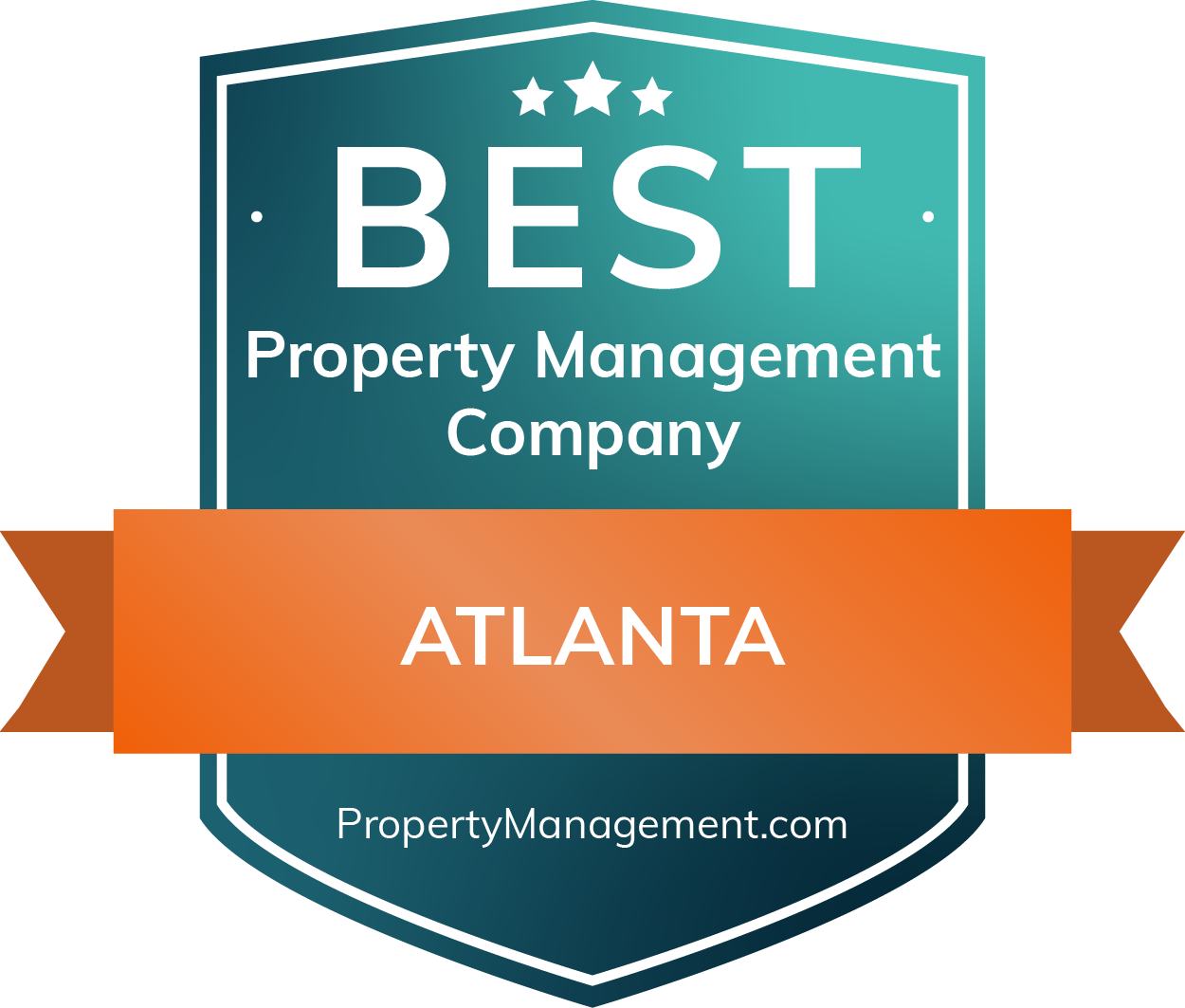Three million households across the US rent Section 8 housing. This means these renters get government-provided vouchers to help supplement their rental fees.
If you're a property owner or a landlord, you might want to take advantage of the opportunity to fill your rental units with these renters. This is a guaranteed rent payment once the Section 8 process is in place.
How can a property owner or manager become a Section 8 landlord? Are there property requirements that must be met?
Read on to learn more about Section 8 housing and the process it entails.
Section 8 Housing
The Section 8 Housing Choice Voucher Program is commonly called Section 8 housing and is run by the US government's Department of Housing and Urban Development (HUD).
This program is also commonly referred to as subsidized housing or even the housing choice voucher program. It provides federal government assistance to low-income renters through vouchers that can be used as all or part of their rent payment.
While the aid is from the federal government, the actual voucher gets issued by local public housing agencies (PHAs).
While the voucher's provided, the renter must find a landlord or property owner who will accept Section 8 vouchers. These properties are in high demand and can be challenging to get.
The renter isn't told where to live but can choose any property that accepts the Section 8 vouchers.
How to Become a Section 8 Landlord
If you're into real estate investing or have homes for rent, you may be interested in how to become a Section 8 landlord. The process is relatively simple for the landlord or property owner.
Like the tenant who goes to the public housing agency, the landlord also applies there. You simply need to show that you have a property that meets the income-qualifying criteria. You also need to agree to the terms of the voucher program.
Each state has varying requirements; however, some general eligibility requirements exist. These include:
- Meet rental housing quality standards
- Allow property inspections by the local public housing authority
- Property can't present any safety or health violations
Once the property has met the criteria, the landlord is provided with a certificate verifying their ability to participate in Section 8 housing program.
The next step requires the landlord to request tenancy approval from HUD. HUD will require you to provide information about yourself as a landlord and specifics about the properties you seek approval for.
If HUD determines that the property is eligible, they'll send a letter including information about rental prices that're allowed, called the "fair market rent."
HUD provides the landlord with the approved Request for Tenancy Approval (RPA) form. This allows you, as the landlord, to begin taking applications for your property through Section 8.
Once you get to this step, in most states, your eligible property gets listed with the local PHA. This allows those who qualify for Section 8 vouchers to find your property.
Becoming a Section 8 Landlord in Atlanta
Becoming a Section 8 landlord means you have guaranteed vouchers coming for the rent each month. You do have to agree to rent for the fair market rent established by HUD, though.
If you need help with your properties and are considering a property manager, we can help. Contact us today to learn more about our Atlanta-based property services.














